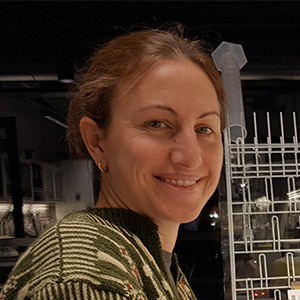
- Project belongs to the Topic:
- Complement, Coagulation and Fibrinolysis
Description
The complement system plays a key role in innate immunity. The innate immune system and complement recognizes danger associated molecular patterns (DAMPs) during tissue damage in different diseases. In addition, they recognize pathogen associated molecular patterns (PAMPs) on bacteria and other pathogens. Biomaterial surfaces and cholesterol crystals may act as DAMPs. Cholesterol crystals accumulate in the wessel walls in atherosclerotic plaques. Cholesterol crystals acts as DAMPs and activate complement and innate immunity inducing the release of cytokines. Cholesterol crystals and some cytokines may upregulate Tissue factor on human whole blood monocytes which activates coagulation. The project examines the role of complement and FXII in the inflammation and coagulation activation induced by cholesterol crystals, bacteria and biomaterial incompatible surfaces. Studies on the role of the complement in the regulation of long-non coding RNA (lncRNA), mRNA and different small RNAs are also performed in fresh human whole blood. By using specific complement inhibitors and a specific FXII inhibitor the role of specific complement proteins, receptors and FXII in inflammation can be studied.
Main goals:
- Examine the role of complement and FXII in cholesterol crystal-induced inflammation and coagulation activation
- Examine the role of complement and FXII in biomaterial surface-induced inflammation and coagulation activation
- Examine the role of complement in bacteria-induced regulation of lncRNA, mRNA and small RNAs









